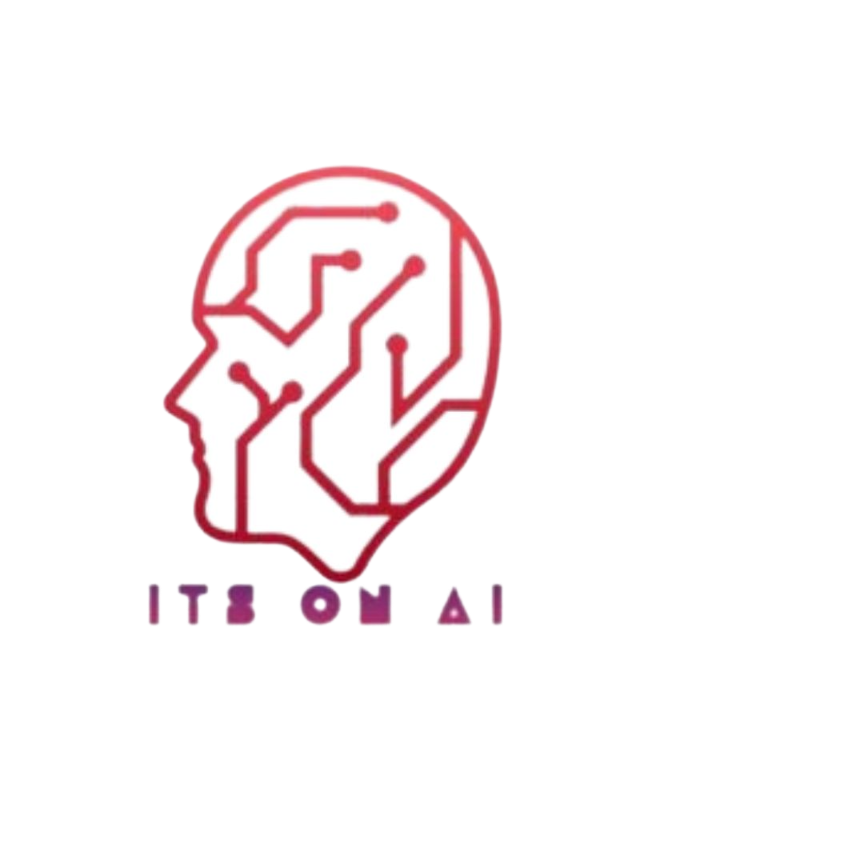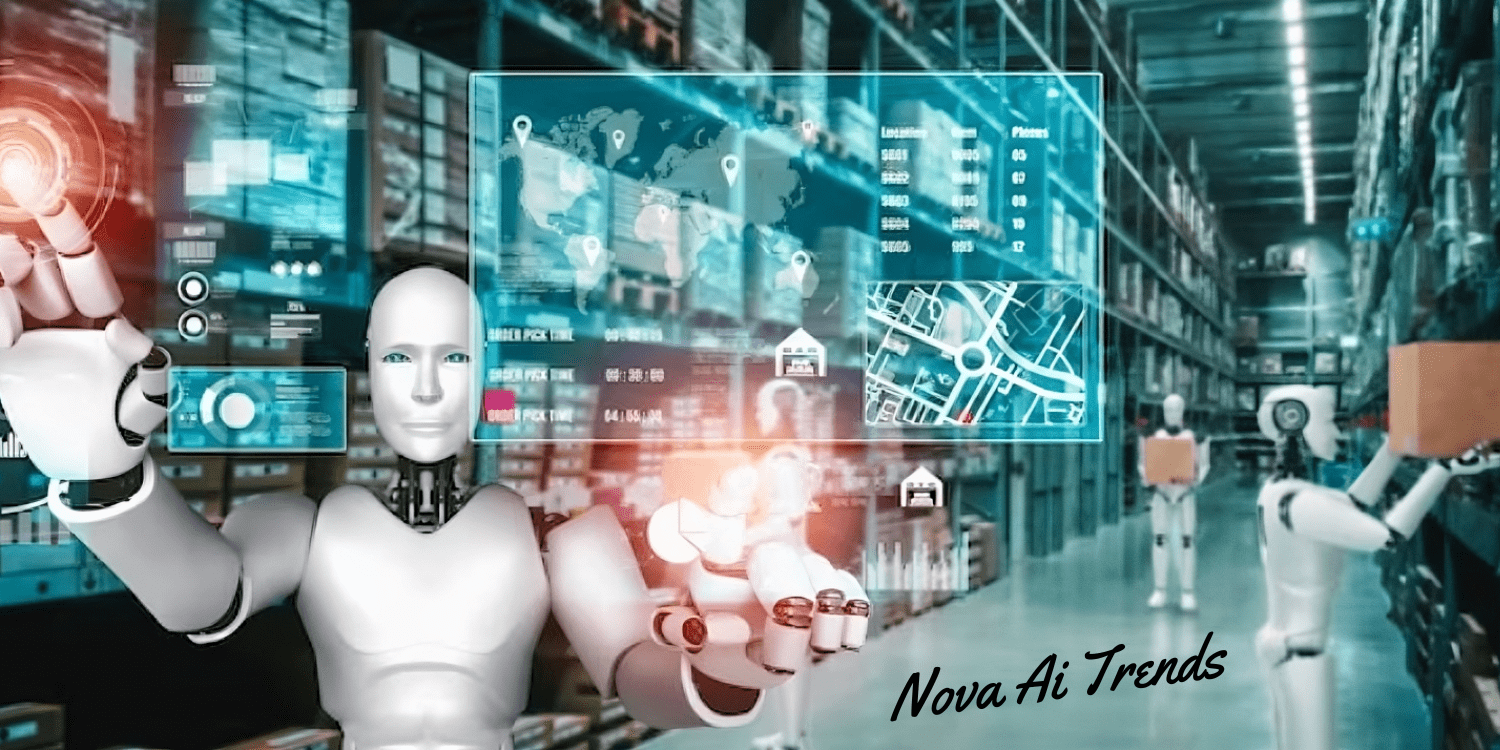Generative AI in the Workplace: Unveiling Its Impact
Introduction
Over the past few years, Artificial Intelligence (AI) has witnessed remarkable progress, imprinting a profound influence on various facets of our everyday existence. Particularly striking is the rise of Generative AI in the workplace, serving as a pivotal force that has had a widespread effect across all aspects of modern organizations. This technology, which includes models like GPT-3.5, is capable of generating human-like text and content.
In this article, we’ll explore the profound ripple effect generative AI has had on the workplace, from revolutionizing productivity and communication to challenging the ethical and privacy boundaries of today’s workforce. Generative AI has undoubtedly become a transformative force within modern workplaces, reshaping the way we approach tasks, processes, and even the very nature of our work.
Automation and Productivity
One of the most immediate and prominent impacts of generative AI in the workplace is automation. Generative AI can perform tasks such as data entry, content creation, and even customer service responses. By automating these routine tasks, organizations can free up their human workforce to focus on more complex, creative, and strategic endeavors.
The ripple effect of this automation is increased productivity. Employees can complete tasks faster and with greater accuracy, leading to higher efficiency across the board. Organizations benefit from reduced operational costs, as fewer human hours are needed to accomplish essential, time-consuming tasks.
Content Generation and Marketing
Generative AI has revolutionized content generation and marketing strategies. With the ability to create compelling, high-quality text, organizations can produce content at an unprecedented pace. From blog posts and social media updates to product descriptions and email campaigns, AI-generated content is increasingly indistinguishable from human-written material.
This shift in content creation has significant implications for digital marketing. Marketers can personalize messages at scale, fine-tuning content to cater to different audience segments. The result is a more engaging and effective marketing approach, ultimately driving higher conversion rates and revenue.
Enhanced Decision-Making
Generative AI equips organizations with the means to scrutinize extensive datasets and derive invaluable insights. This has the potential to completely transform the decision-making procedures within the workplace. Through AI-powered analytics, organizations can swiftly pinpoint trends, patterns, and possible risks, thereby empowering them to base their decisions on evidence derived from data, promoting informed choices.

The ripple effect is a more agile and adaptive workplace. With AI-generated insights, organizations can adjust strategies and operations in real time, responding to market changes and emerging opportunities more effectively. This newfound agility is a competitive advantage in today’s fast-paced business environment.
Augmented Customer Service
Generative AI has also found a prominent place in customer service. Chatbots and virtual assistants powered by generative AI can handle routine customer inquiries, provide product recommendations, and troubleshoot issues efficiently. This improves consumer loyalty as well as decreases the weight on human client support specialists.
This has led to a workforce capable of dedicating its efforts to tackling intricate customer problems and delivering an even more individualized customer experience. Businesses are progressively turning to AI-powered solutions to enhance their response times, minimize human errors, and uphold a consistent standard of service quality. The outcome is not only happier customers but also a more loyal clientele.
Collaboration and Communication
Generative AI is reshaping collaboration and communication in the workplace. Tools like language translation, transcription services, and AI-generated content recommendations streamline cross-border communication and facilitate a more inclusive environment.
In addition, generative AI has led to advancements in natural language processing and voice recognition, making it easier for team members to interact with digital assistants and devices. This fosters seamless communication within organizations, enhances remote work capabilities, and drives global teamwork.
Ethical Considerations
 The proliferation of generative AI in the workplace comes with a range of ethical concerns. The AI’s ability to generate convincing content raises issues related to plagiarism, copyright infringement, and authenticity. Companies must establish ethical guidelines to ensure that AI-generated content is appropriately sourced and credited.
The proliferation of generative AI in the workplace comes with a range of ethical concerns. The AI’s ability to generate convincing content raises issues related to plagiarism, copyright infringement, and authenticity. Companies must establish ethical guidelines to ensure that AI-generated content is appropriately sourced and credited.
Furthermore, the introduction of AI in employee management and performance evaluation can raise issues related to bias and discrimination. Organizations must guarantee that AI systems maintain fairness and impartiality, necessitating continuous monitoring, training, and refinement efforts.
Privacy and Security
As generative AI systems handle vast amounts of data, privacy and security become paramount concerns. The AI must be trained on sensitive data, which requires strict safeguards to prevent data breaches or unauthorized access.
Moreover, the use of AI in customer service and communication necessitates robust data protection measures. Companies must ensure that customer data remains confidential and secure while still benefiting from the efficiency gains AI offers.
Conclusion
Generative AI is at the front of a working environment, as it robotizes errands, hoists efficiency, and enables inventive showcasing methodologies. Simultaneously, it is transforming dynamic cycles, raising the nature of client care, and smoothing out joint effort and correspondence. Nonetheless, it’s fundamental to perceive that this change isn’t without its interesting arrangement of difficulties.
Ethical considerations regarding content generation and potential biases in AI systems need to be addressed. Privacy and security concerns related to data handling require robust measures to safeguard sensitive information. Despite these challenges, the ripple effect of generative AI in the workplace is overwhelmingly positive, offering organizations new opportunities to thrive in the digital age. Embracing this technology while respecting its ethical and privacy boundaries is the key to unlocking its full potential.









